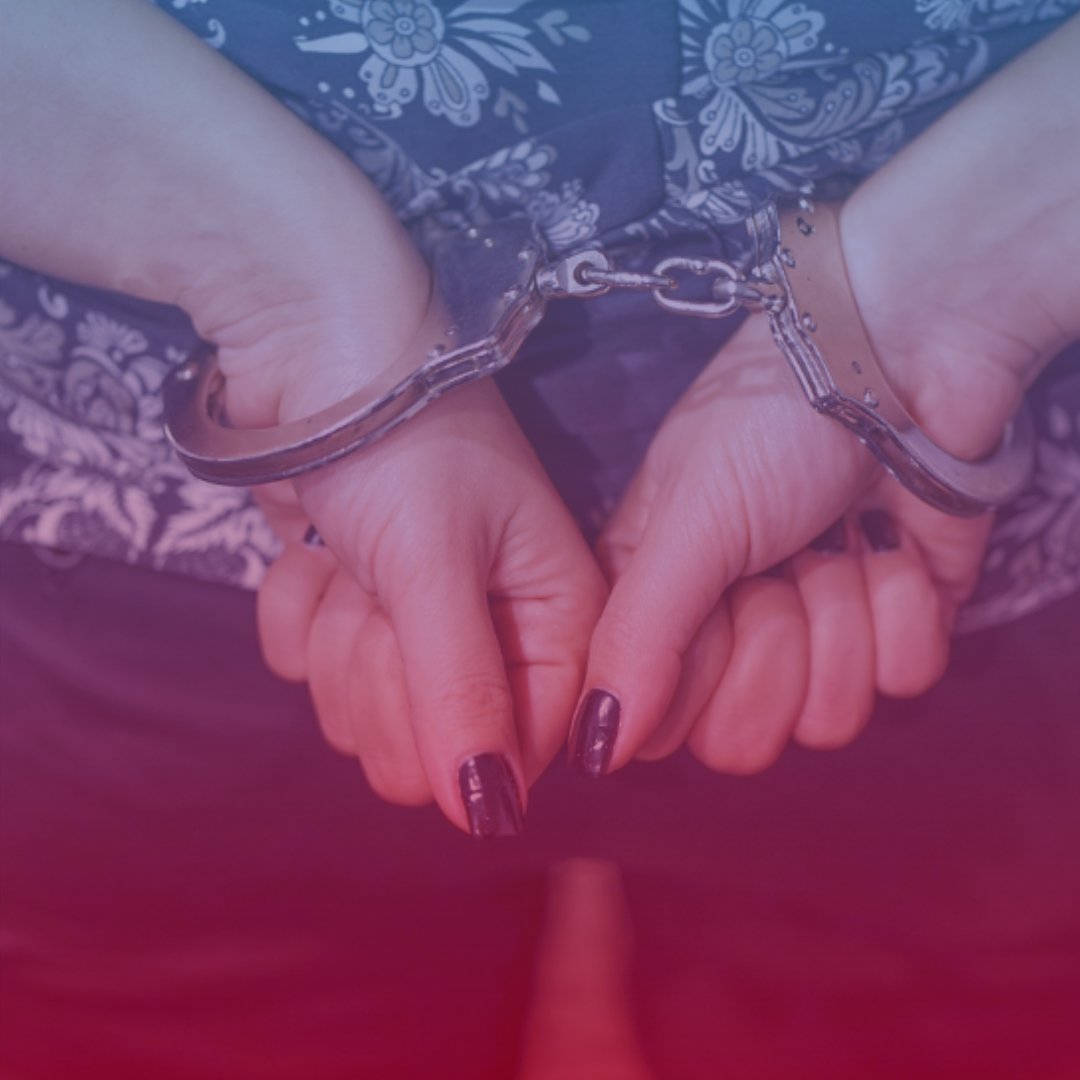Originally published on Feb 28th, 2012
Censorship; it’s a rather ugly word and a difficult concept but is it a necessary evil? The recent phone hacking controversy in the United Kingdom has demonstrated the dangers, both moral and physical, of an unregulated media which is allowed to act illegally with complete impunity and print whatever they wish, without any need to verify facts. But where does regulation end and censorship begin? Do we trust states to fairly regulate media? Judging by the recent furore throughout Europe at Hungary’s repressive media law, the answer would appear to be no. And when across Europe journalists are being threatened, beaten, imprisoned and even murdered in cases of extreme censorship, how do we ensure the safety and freedom of those who tirelessly work to bring us information and truth?
Silencing the Truth
Violence against journalists is not something we like to think of as a European problem. We, as Europeans, are quite superior when it comes to matters of tolerance, free speech and freedom of the media. But does our idealised vision of ourselves correlate with the reality? It would seem not; in 2011, a France 24 reporter was brutally beaten whilst reporting on a right-wing National Front Party Congress; in Spain, the President of the Press Association of Cadiz was attacked in response to an article he had written; an Italian journalist was beaten unconscious whilst reporting on a story and incidents of violence against journalists in Serbia, Belarus and Turkey are too numerous to recount (OSCE 2011). The offices of a French magazine were torched following the publication of articles which satirised aspects of Islam (Telegraph 2011). An astonishing fifty three journalists have been murdered in Russia in the last decade (CPJ).
Physical violence is the most desperate and brutal form of censorship; the murder of a journalist is the ultimate silencing of the truth. Although not unheard of in Europe, as the cases listed above attest, these incidences are fortunately relatively rare, with the notable exception of Russia. But censorship masquerading as media regulation is a huge issue in many European countries, including Ireland, Britain and Hungary. Although freedom of expression and the press are considered to be fundamental rights and are codified in both domestic and European legal frameworks, there is no uniform integrated European model of media regulation aimed at safeguarding these rights (Centre for Media and Communication Studies 2012). Contrasting the examples of Britain and Hungary in particular will demonstrate the wild variances that exist with European media regulation and the pitfalls associated with either extreme.
When freedom of the press goes too far
The British phone hacking scandal is an ongoing controversy primarily concerning the actions of the now defunct News of the World and other tabloid papers published by News International, a subsidiary of Rupert Murdoch’s News Corporation. The scandal has led to a wider public and policy debate in Britain about the media culture, its ethics and the functions and limitations of media regulation.
A hint of the scandal first surfaced in 2005, when allegations of phone hacking made by the British Royal family led to a police investigation which resulted in the conviction and imprisonment of one News of the World journalist and one private detective, employed by the same paper. During the trial, it came to light that certain celebrities had also been victims of phone hacking but the scandal quickly disappeared from the public consciousness.
Until the summer of 2011 that is, when shocking revelations about the extent of phone hacking by newspapers came to light. It emerged that the phones of victims of the 7/7 bombings and families of deceased British soldiers had been accessed; as public outrage and political condemnation rose, the revelation that the News of the World had accessed the voicemail of murdered schoolgirl, Milly Dowling, in an effort to gain a scoop, shocked the whole of Britain. Their actions had given the missing girl’s family and the police false hope that she was alive. An advertiser boycott and public fury led to the forced closure of the 168 year old newspaper.
The resulting public inquiry, chaired by Lord Leveson, has revealed just how endemic morally questionable and often illegal practices were in the British press, with respected broadsheets such as the Guardian, the Times and the Telgraph all admitting to using phone/email hacking, albeit not to the same extent as the News of the World. Debate continues across the British political spectrum, in the media and amongst the public, as to how media regulation could be enforced whilst avoiding the pitfalls of state censorship.
At an expert seminar convened by the Leveson Inquiry on the subject of approaches to media regulation, Eve Salomen, Chair of the Internet Watch Foundation, argued that effective self regulation is preferable to the statutory alternative. Paul Dacre, editor of the Daily Mail concurred; furthering that self-regulation was the only way to ensure a truly free and independent media (Leveson Inquiry, 2011)
Hungary- censorship in action
The case for media self-regulation is strengthened if we examine the recent case of Hungary, where the ruling Fidesz party has recently enacted a controversial media regulation law. The new law, which came into force on January 1st 2011, established the Media Council, a new regulatory body consisting of five members directly appointed by the ruling political party, with a term of nine years. The Council has the power to directly appoint directors for state media outlets and to award media licences at their discretion (EU Observer Jan 2012) They may also impose fines on media outlets, based on “consumer complaints of bias”; these complaints may be made anonymously and there are no clear guidelines on what reporting with bias actually entails. The discretionary powers given to this Media Council, every member of which is affiliated with President Orban’s Fidesz party, are so remarkable it led to the unprecedented step of the EU investigating possible legal action against Hungary.
The Hungarian government claims it based its new media law on the media regulations of other EU member states; a comprehensive comparative study undertaken by the Budapest based Centre for Communication and Media Studies found this claim to be utterly false however; the most important features of the new legislation are unique in Europe to Hungary and are generally at odds with EU law. Although Hungary’s Constitutional Court found aspects of the media legislation to be contrary to Hungary’s constitutional law, its rulings must be endorsed by the Parliament before it may be enacted. The complete lack of separation of power in Hungary means meaningful action by the EU is the only hope of achieving a free media platform in the country.
Although looking at legal courses of action is a genuinely earnest move on the EU’s part, its slow and bureaucratic nature means any processes taken are likely to be a number of year’s away, if at all. In the meantime, thousands of Hungarian citizens have taken to the streets in protest and a number of journalists resigned from Hungarian media outlets in protest at the new limitations, with some even going on hunger strike (De Spiegel, December 2011). If the European Union had proactively tackled this situation before the legislation was enacted, by utilising political pressure and the European court system, this desperate situation would most likely have been avoided.
Libel laws endanger journalists’ lives- Ireland
Media is not only censored by outside forces such as governments however; imposed self-censorship due to repressive legislation can be just as damaging to the institution of free media. Ireland’s strict libel laws for instance, came under scrutiny as far back as 1996, following the brutal murder of journalist Veronica Guerin, known for her pioneering articles which exposed the actions of Dublin’s most ruthless criminals. Guerin was known for consistently confronting gangsters face to face, provoking them in the hopes of garnering an admission of guilt; this was not shameless risk taking however, but the only legal way Guerin could print allegations of drug running and racketeering without exposing her paper to financially crippling legal liability. In 1995, when Guerin received the International Press Freedom Award from the Committee to Protect Journalists, she spoke of the need to reform Ireland’s archaic libel legislation in order to protect journalists’ physical safety and their ability to inform the public of matters of public interest. Guerin was brutally murdered six months later; the legislation in question was not adequately reformed until a decade later and even then, critics claim it still did not go far enough as regards the protection of journalists.
EU laws or media self-regulation?
The interaction between the political and media landscapes in Central and Eastern Europe are particular areas for concern. A recent report on this issue, jointly funded by the Organisation for Security and Co-operation in Europe (OSCE) and the Open Society Foundation, commented “Twenty years after the regime changes, the current trend in media politics can be best described as a “counter-reformation” rather than a progressive transition,” (Media Policy 2011). Aside from Hungary, the Association of European Journalists has singled out Poland, Slovenia and Slovakia for exploiting public media outlets for political purposes (Euractiv 2008). In a recent speech, the OSCE Representative on Freedom of the Media Dunja Mijatovic called upon the European Union to lead by example and ensure its member states continue the high democratic standards they must enact to join (2012); democratic norms and practices should not slip as a priority once membership has been gained or assured.
In recent years, the discourse on media regulation has tended to focus on the challenges produced by the explosion in online and new media, with a lack of focus on the resulting pressure these innovations placed on more traditional media outlets. This pressure certainly contributed to the culture of morally questionable practices within the UK media. Recent developments, however, have demonstrated the need for clarification across Europe on the issue of media regulation and the need to enact continent wide legislation that is coherent, realistic and aimed at both protecting journalists safety and the public’s right to information, whilst also balancing legal considerations such as individuals’ right to privacy. Press freedom and the safety of journalists must also be viewed as interrelated, interconnected elements and any legislation dealing with media regulation must deal with both of these issues. The case of Veronica Guerin and Ireland’s half- hearted libel legislation demonstrates the dangers of dealing with only one of these legal concerns at a time. A free media is not a luxury but rather it is the only way to ensure a fully democratic society with institutions answerable to the public. There is no need for regulation to transform into censorship, a lesson which Europe needs to learn quickly in order to protect the independence of its media.

 Domestic abuse in England & Wales: a historical legal gap bridged by Section 76 of the Serious Crime Act 2015?
Domestic abuse in England & Wales: a historical legal gap bridged by Section 76 of the Serious Crime Act 2015?  Looking back at Burden and Burden v. the UK: Are siblings being legally overlooked?
Looking back at Burden and Burden v. the UK: Are siblings being legally overlooked?  The European Housing Crisis from the Human Rights Perspective
The European Housing Crisis from the Human Rights Perspective  Female Suicide Bombers As A Security Threat: Towards A More Comprehensive And Inclusive Approach
Female Suicide Bombers As A Security Threat: Towards A More Comprehensive And Inclusive Approach 


